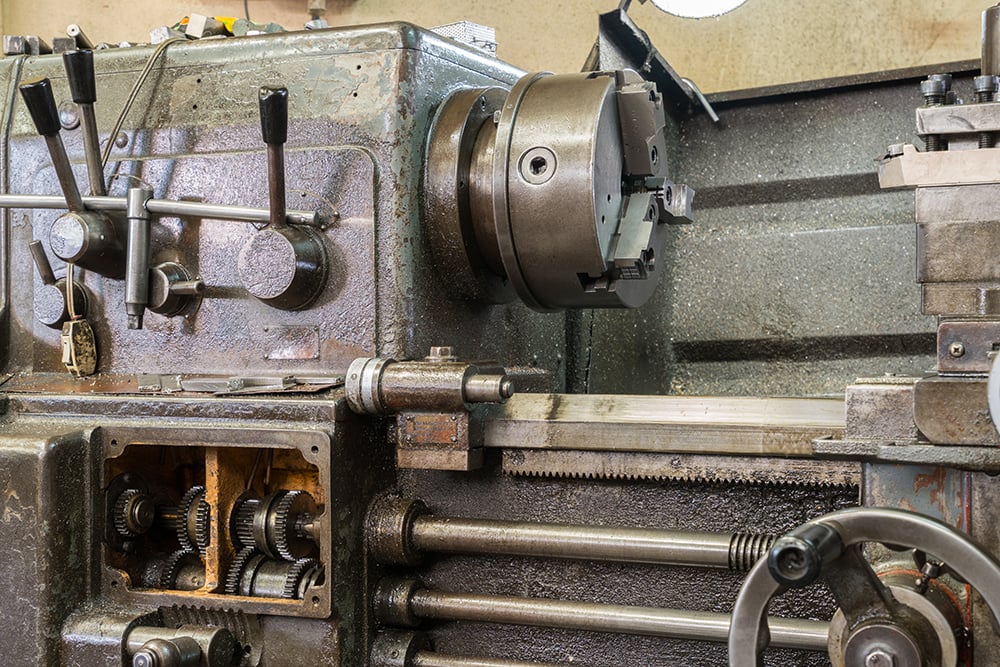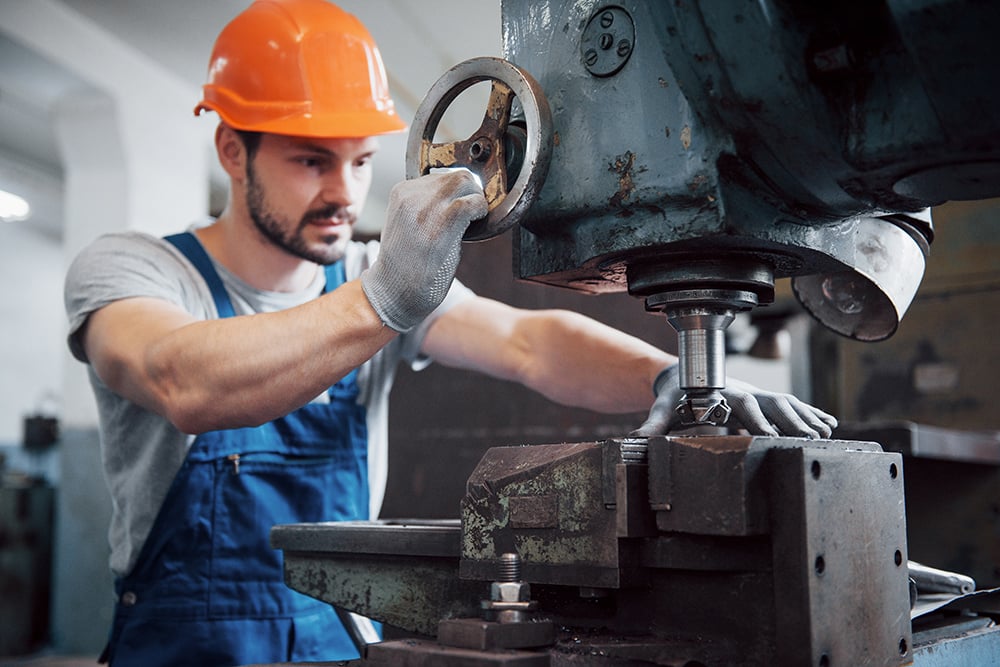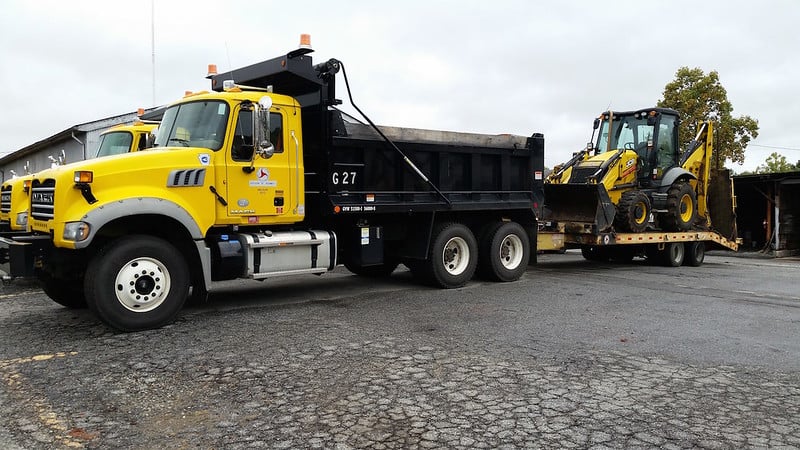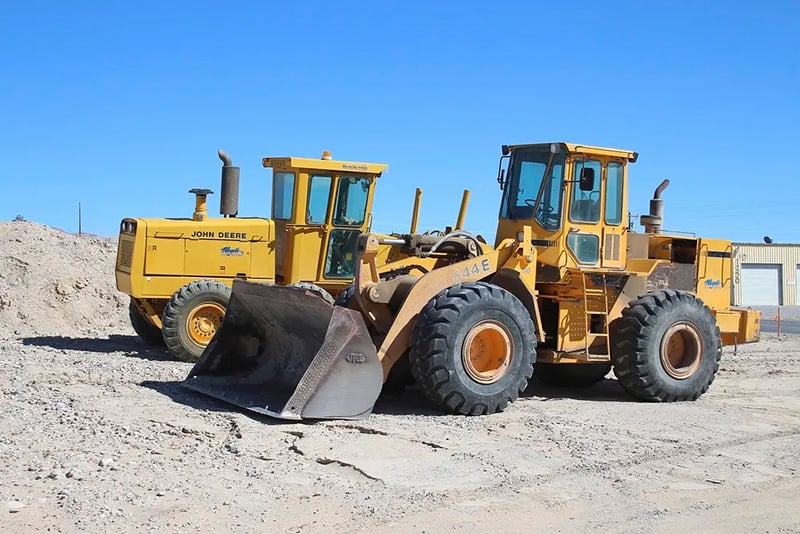
When valuing used equipment with the intent to sell, it can be a challenge to grasp that the ultimate sales price is often different than what it is appraised for. These two concepts might appear to be identical. However, that is often not the case. Here's a brief discussion of why that gap exists and what factors come into play:
The appraised value of any piece of used equipment is typically based on a combination of market and cost data, which looks at factors such as comparable sales and depreciated replacement cost. This is a good starting point and provides an estimate of what the equipment should sell for. However, this value determination doesn't guarantee it will actually be sold for that figure.
Supply and demand will always be a factor in determining the ultimate selling price of used equipment. If a particular type of asset is in high demand but experiencing a low supply, it might sell for higher than its appraised value. Conversely, if there is a glut of similar equipment on the market, the selling price can drop below what it's worth.
Timing can also heavily influence the final sale price. Selling during the off-season or when budgets are tight could result in lower offers, while selling during peak times or when there's increased demand can lead to higher prices. Seasonality and industry trends can fluctuate rapidly, impacting how much a piece of equipment might sell for in the open market.
The condition of your equipment will impact both its worth and potential sale price. Proper maintenance and upgrades can boost its value, while excessive wear and tear and outdated technology can bring it down. Equipment appraisers are typically not mechanics who can do a deep dive into this assessment and generally assume the assets are in normal operating condition unless specifically informed otherwise.
More customized equipment might be worth a lot to the right buyer but can have a limited resale market due to its specialized nature.
It is important to recognize that selling is often about psychology as much as it is about numbers. Buyers often want a deal or a sense that they're getting something special. This means that the equipment might sell for less if there are concerns or doubts—even if it's technically worth more. How the sale is negotiated, the relationship between buyer and seller, and the urgency of either party can all tilt the final price.
Understanding that there may likely be a gap between an item's appraised value and what it might actually sell for is key to setting realistic expectations. Research the market, consider the timing, and prepare for negotiation. By doing this, you can find a fair middle ground that respects the equipment's worth while also being competitive in the current market landscape.





